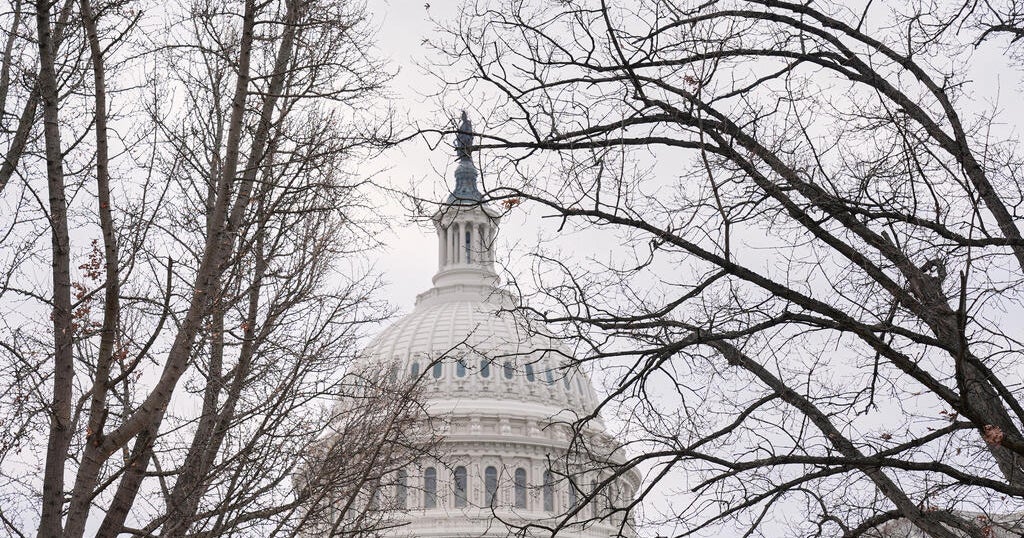Lawmaker pushes to focus opioid epidemic fight on international mail
There are growing calls to crack down on the delivery of illegal opioids by international mail. U.S. Customs and Border Protection seized more than 180 pounds of fentanyl last year -- a new record. But a newly-released Senate report says that's only a fraction of what may be arriving. It found that the volume of international mail has more than doubled in recent years, overwhelming screeners.
President Trump has used the illegal drug trade as justification for the $18 billion border wall.
"We need the wall for stopping the drugs from pouring in," Mr. Trump said on Jan. 10.
But a former senior DHS official tells CBS News "that's not where the drugs are coming from."
For nearly a year, Ohio Sen. Rob Portman and a team of investigators have tracked the deadly, door-to-door delivery of opioids. Like most Republicans, Portman supports Mr. Trump's push for a border wall. But after seeing how easy it can be to order and receive illegal opioids, he thinks the better place to make a stand against opioids is the mailbox, reports CBS News correspondent Tony Dokoupil.
"The problem is the P.O. Box in America that gets a shipment through our postal service straight from China," Portman told Dokoupil.
It started with a simple Google search, which turned up retailers eager to make a deal.
"Our fentanyl is very good," wrote one. Another added: "All must go till 1 of July ... is a hot sale!"
Portman's team never actually bought any drugs. But in a separate probe, they used shipping and payment data to track 500 apparently successful deliveries of opioids nationwide. The deals totaled nearly a quarter million dollars.
In every case, the country of origin was China, and the preferred method of shipping was the U.S. Postal Service's Express Mail Service.
"There is no requirement for any electronic data in advance to be able to tip off law enforcement," Portman said.
The U.S. Postal Service is supposed to work with Customs and Border Protection. But Portman said they struggle with poor coordination and volume.
Last fall we saw that challenge at the nation's busiest mail room inside John F. Kennedy International Airport. Dogs and agents hand-screen only a fraction of the packages.
Senate investigators want every package headed to the U.S. to include automated data with the sender's name and address. Eighteen of the people who received drugs tracked by Portman's committee faced charges – and seven died of an overdose.
"When that 49-year-old man outside of Cleveland, Ohio, dies of an overdose of fentanyl within a couple of weeks of getting his delivery, you realize we're not doing our job," Portman said.
Mr. Trump's opioid commission has also recommended advanced mail screening, but Portman's bill has yet to come up for a vote. In a statement, the postal service said it supports the "goal of increasing advance electronic data," but has "suggested thoughtful modifications to the bill to make it workable."



